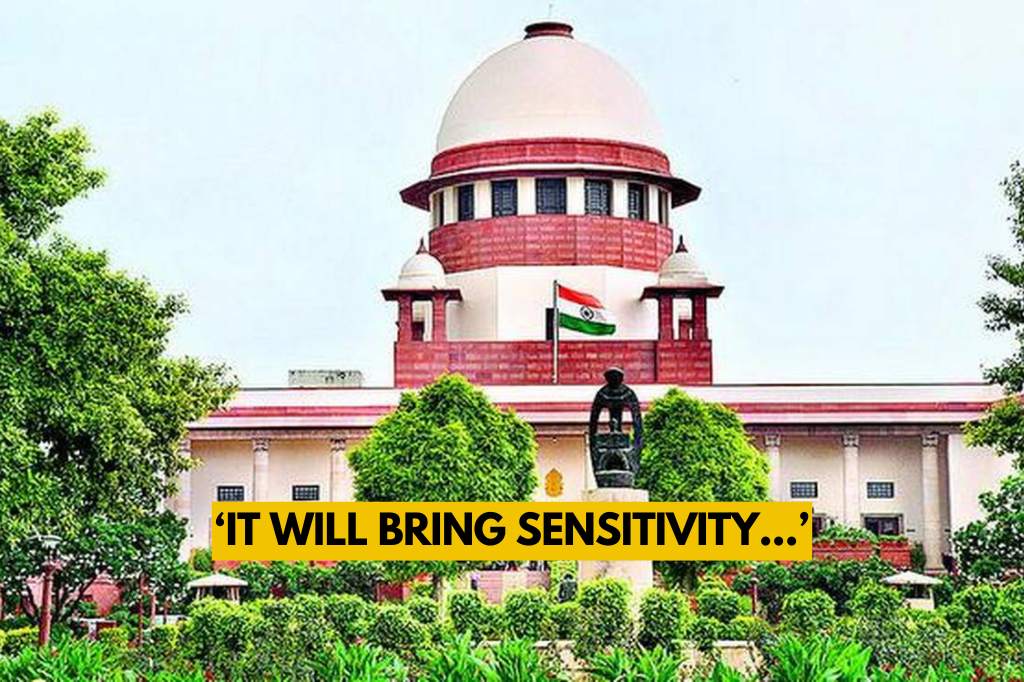The Supreme Court on Tuesday, May 20, reinstated the requirement of a minimum three years of law practice for candidates applying to civil judge (junior division) posts, asserting that there is no substitute for first-hand experience in courts and the administration of justice.
The ruling overturns a 2002 decision that had removed the condition in a bid to attract young legal talent. However, a bench led by CJI Bhushan R. Gavai and comprising Justices AG Masih and K Vinod Chandran said that feedback from high courts over the past two decades revealed that direct recruitment of fresh law graduates had not yielded the desired results.
“It has led to many problems,” the bench noted, citing evidence that fresh recruits often lacked familiarity with courtroom procedures and litigation processes. “If opportunity is given to lawyers acquainted with litigation, it will bring sensitivity to human problems and experience at the bar,” the judgment added.
The decision came in response to a petition filed by the All India Judges Association, which requested the court to revisit the practice experience requirement. The court had previously sought inputs from various states and high courts before passing its verdict.
Stating that “only a practicing lawyer can understand the intricacies of litigation and the administration of justice,” the bench directed all states and high courts to amend their civil judge recruitment rules within three months.
Importantly, the ruling will not impact ongoing recruitment processes where notifications have already been issued. “The revised eligibility condition will apply from the next recruitment cycle,” the court clarified. Recruitment already underway will proceed according to the rules in effect at the time of the advertisement.







